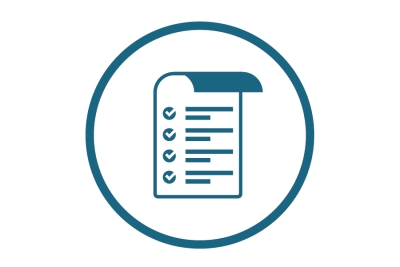IARPA is seeking information on methods, studies, findings, approaches, and appropriate metrics for characterizing the cognitive effects in cyber operations.
Cyberpsychology is the emerging scientific field that integrates human behavior and decision-making into the cyber domain. Techniques currently used in online advertising, political campaigning, e-commerce, and online gaming successfully profit from vulnerabilities in human psychology. Cyber attackers often take advantage of similar human limitations through social engineering. Cognitive effects relevant to cyber attackers have begun to be hypothesized, but only a few have been validated in cyber scenarios. Recent experiments demonstrating the power of framing effects were investigated, indicating that attackers who were provided information that deceptive technology was present on a network had less forward progress. Additional work has examined the effect factors like uncertainty have when interacting with other cognitive effects.
IARPA has shown success in reducing cognitive biases in intelligence analysis. However, research into cognitive effects in the cyber domain has been less prolific. Some aspects of cyber defense team decision-making have been studied and mitigations of biases leading to issues in sharing and collaboration have been recommended. It has been suggested that cognitive effects can be used to thwart cyber attackers, building on concepts like oppositional human factors. However, investigations into cyber attack teams and their biases have been less examined. A deeper look at the advancements that have been made to understand the cognition of cyber operators may enable the research objectives this RFI seeks to identify.
For more information and submission instructions, please visit SAM.gov
Published Date: Sep 20, 2022
Response Date: Oct 11, 2022 05:00 pm EDT

